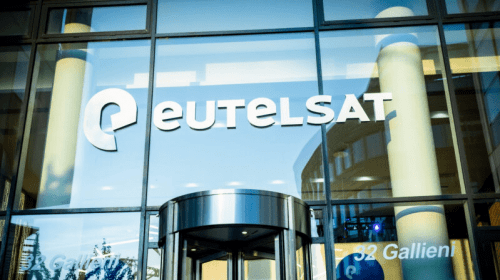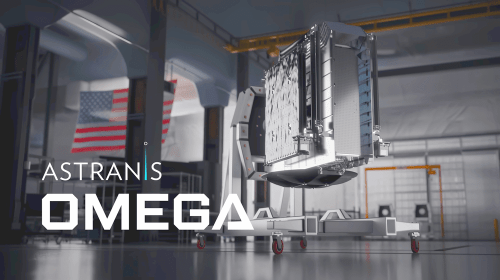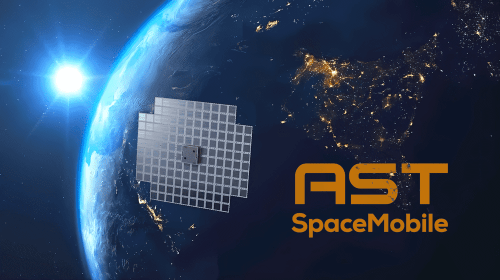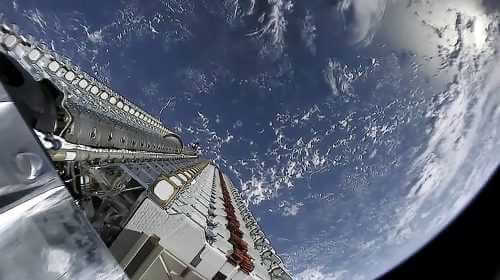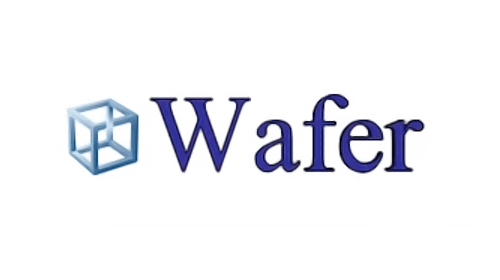Senate Passes Orbital Debris Legislation to Address Space Junk Threat
Nov 04, 2023
The U.S. Senate recently passed bipartisan legislation aimed at tackling the growing threat posed by hazardous space debris in Earth’s orbits. If enacted into law, the bill could help spur new technologies and capabilities for removing dangerous orbital junk-threatening satellites and space activities.
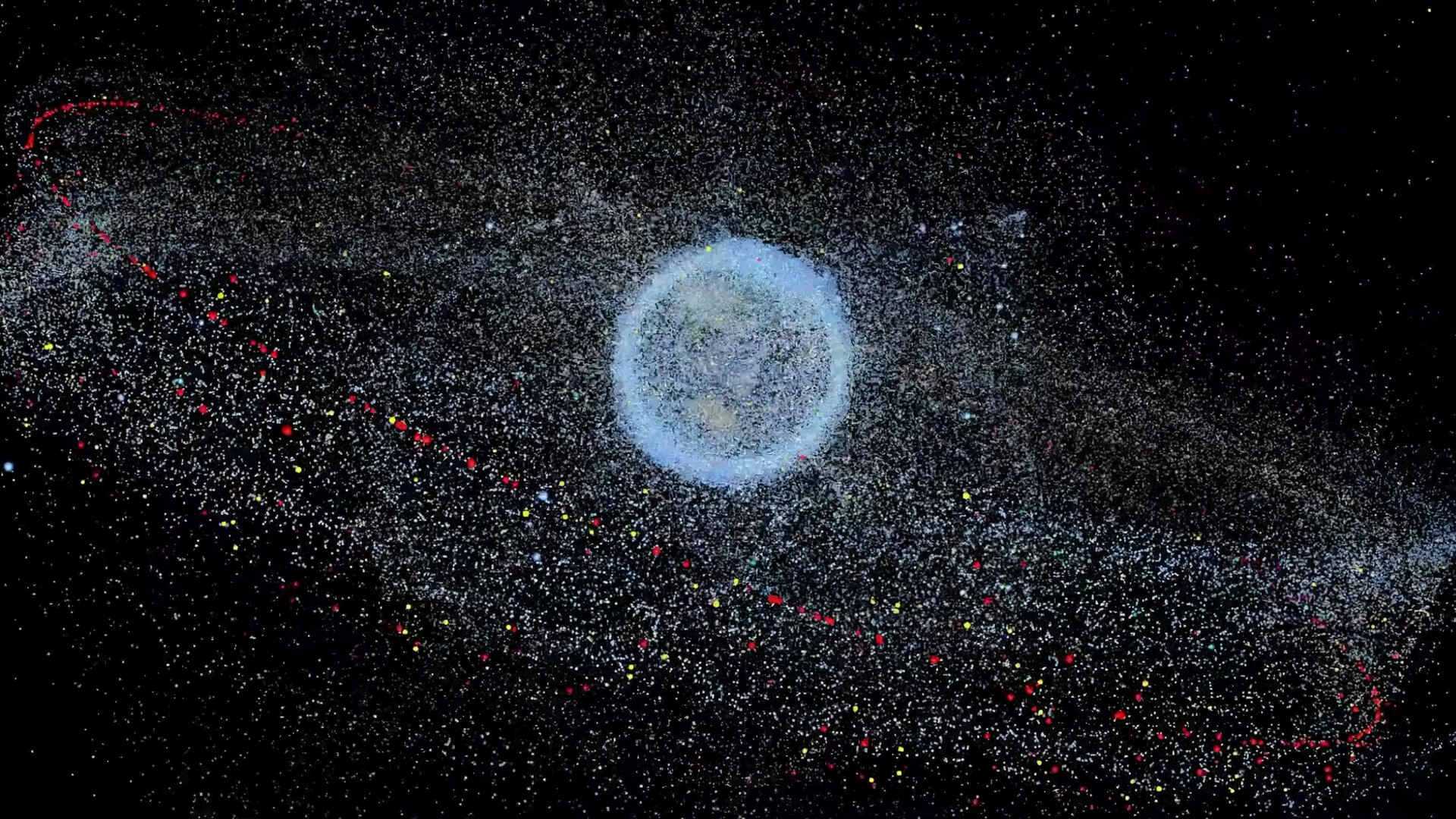 Artist illustration of space debris. Credit: IARPA
Artist illustration of space debris. Credit: IARPA
The Orbital Debris Remediation and Interdiction Technologies Standards Act, or “Orbits Act,” was introduced in February 2022 by a group of senators including Maria Cantwell, John Hickenlooper, Cynthia Lummis, Roger Wicker, and Kyrsten Sinema. The bill passed the Senate unanimously and now heads to the House for consideration.
The Orbits Act directs NASA to create a program focused on demonstrating orbital debris removal technologies. This includes partnering on an active debris remediation mission to showcase the elimination of space junk in orbit. For the effort, NASA would use a priority debris list compiled by the Department of Commerce based on the risks posed to space assets.
Additionally, the Commerce Department would lead work under the Act to coordinate space traffic management practices across the space industry. The National Space Council would also oversee updated government guidelines on mitigating the creation of new orbital debris. Experts warn that the amount of untrackable space debris smaller than 1 cm has surpassed 900,000 pieces and could soon reach a tipping point where collisions trigger an unsustainable cascade. Active removal of existing junk is increasingly seen as essential to preserve safe space operations.
While previous Senate versions of the legislation stalled in the House, bipartisan momentum is now building to address the worsening orbital debris problem as space activities rapidly expand. The bill follows recent FCC rules that facilitate satellite spectrum access to secure U.S. space leadership amid surging global activity.
“Nearly one million pieces of space junk pass over our heads every day,” noted Senator Maria Cantwell. “The Orbits Act will jumpstart the technology development needed to remove the most dangerous space junk before it knocks out a scientific satellite, threatens a NASA mission, or falls to the ground and hurts someone.”
Senator John Hickenlooper said, “We can’t let space junk and red tape stifle American innovations that are lifting us to new frontiers in space. Our bills will help our country maintain space leadership.”
With orbits becoming more congested, the Orbits Act represents a practical step toward preserving outer space for future generations. By pursuing sustainable solutions now, the U.S. can help lead the way in keeping space viable for continued exploration and enterprise.
According to NASA, over 27,000 pieces of orbital debris are currently being tracked, with many more too small to detect but still hazardous. Even paint flakes traveling at orbital velocities can inflict major damage. As launches continue growing, collisions will create exponentially more debris if unchecked.
A recent MIT study found that collisions between large satellites could triple the hazardous debris population within 200 years. With mega-constellations expanding, the risks are heightening. Rules alone cannot fix the issue, so technology demonstrations like those in the Orbits Act are crucial for learning how to actively remove dangerous junk.

